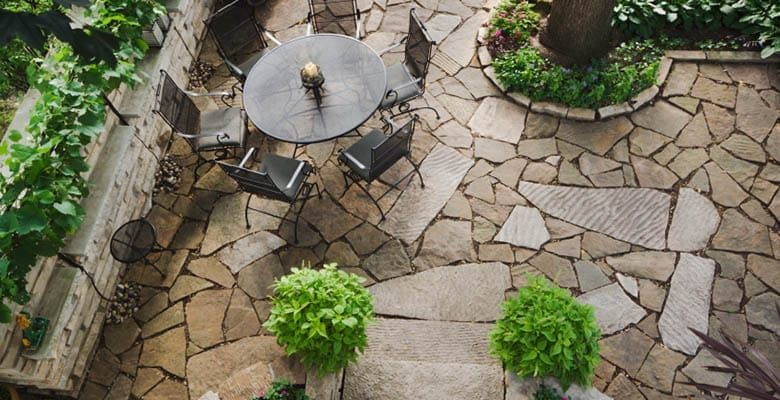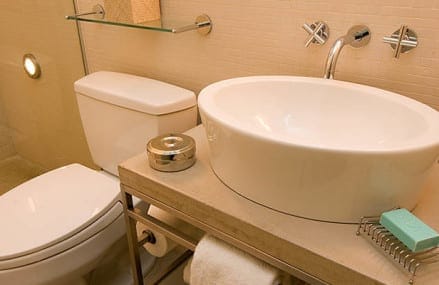
Natural stone veneers such as limestone, marble, granite, sandstone, mica, are long-lasting and low-maintenance than manufactured stone veneers. You can hire a masonry company to creatively install veneer in your yard.
Pros of natural stone veneer
- Natural stones have low absorption, high strength and excellent resistance to weather conditions.
- Efflorescence is a white powder like deposit that appears on manufactured stone unlike natural stone. This indicates excessive exposure to moisture.
- All building shifts slightly over a period of time due to vibration caused by vehicles, change in temperature and humidity, etc. This slight change can result in cracks in windows and door openings, corners of the wall unless movement joints are included. Natural stones are comparatively stable and will not move on its own.
- Natural stone is a homogenous material and it has a consistent color. It is less prone to scraping and scuffing than manufactured stone that has a thin and pigmented exterior.
- Natural stone veneer is water resistant and does not require treatment over time. However, there can be situations when water repellant treatment might be required. Ensure to use saline or siloxane base water repellants as it can easily enter into the surface of the veneer and allow the water to evaporate from within the walls. Do not go for acrylic sealers.
- Also called as thin veneers because it is lightweight and its width ranges between 3/4″ to 1¼”.
- Since it is lightweight as compared to artificial stone veneer, it can be fixed faster, thus saving labor cost. Almost 3600 sq feet can be transported, thereby reducing the shipping cost.
- Natural stone comes in various colors and is of durable quality.
- Since it is a 100 percent natural quarried stone, the pattern cannot be replicated and is unique.
- It is ideal for remodeling projects because it does not require any support ledge.
- It can be applied directly over bricks and other rigid structures.
Cons of natural stone veneer
- If the stone breaks or cracks while installing, one cannot obtain the same pattern since it is obtained naturally.
- There are certain types of thin stones that are not cost effective to be used because they are hard and it take a lot to time to cut the stone into thin layers.
- If it is not installed properly, water can seep into the gaps and destroy the wall. Water can also weaken the bonding agent, thus dislodging the stone from the wall.
- Due to its uneven surface, dust and debris can accumulate quickly.
Always check with your stone veneer supplier and request certification that the natural stone veneer installation is suitable for the weather conditions in your locality. lagrass



